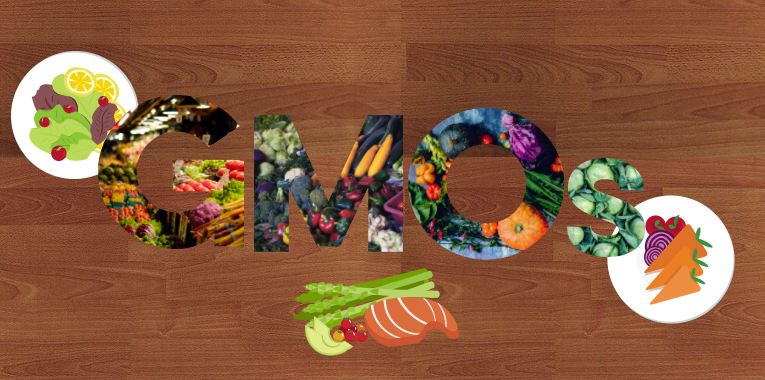Do GMOs Have to Go?
The Truth Behind Alleged “Frankenfoods”
There is no doubt that genetically modified organisms, or GMOs, have been responsible for many innovations in the produce industry. But is there a dark side to the changes made to ‘natural’ fruits and vegetables? As it turns out, GMOs are much more helpful to the food industry than most people realize.
GMOs are used for a variety of reasons, but primarily to protect crops and increase overall yield. By using genetic engineering, farmers can grow crops that are much less susceptible to harmful bugs, while avoiding the adverse effect pesticides have on non-threatening species (e.g. butterflies and bees). Farmers can also create bigger, healthier, and overall more ‘appealing’ crops, as well as crops that are resistant to natural disasters, like flooding, through selective breeding. Despite this, many people believe GMOs take away from the ‘naturalness’ of the produce and can be harmful when consumed. However, this myth has been disproved in many scientific circles, and GMOs post little to no risk to the people that consume them.
One of the main reasons many people rail against GMOs is because they do not understand how the crops are being modified, and believe that anything ‘foreign’ or unnatural is only harmful to the natural ecosystem. However, many people opposed to GMOs consume these ‘tainted’ crops in their food without even realizing it, and with very few adverse effects. As of 2016, about 94% of all soybean crops are GMOs, as are about 75% of all processed grocery store goods. These numbers are expected to grow as genetic engineering technology improves.
While the idea of tampering with Earth’s natural growth and creation can seem unnatural, GMOs actually benefit the plants they are used on, and could become essential to the future if food shortages begin to occur with the growing population needing to consume larger amounts of produce. With the increased amount of natural disasters due to global warming, such as wildfires and floods, having more readily available food could also mean the difference between food insecurity and health for those living in the affected areas. With the changing of times and the creation of new demands that need to be met within the food industry, GMOs will become even more valuable in the years to come.











